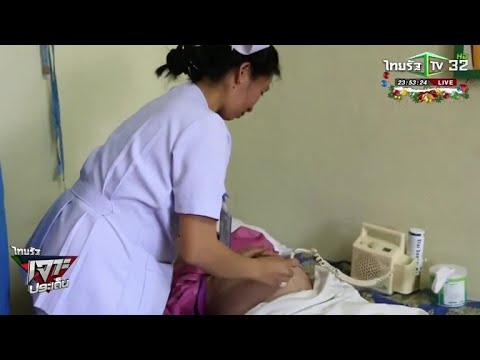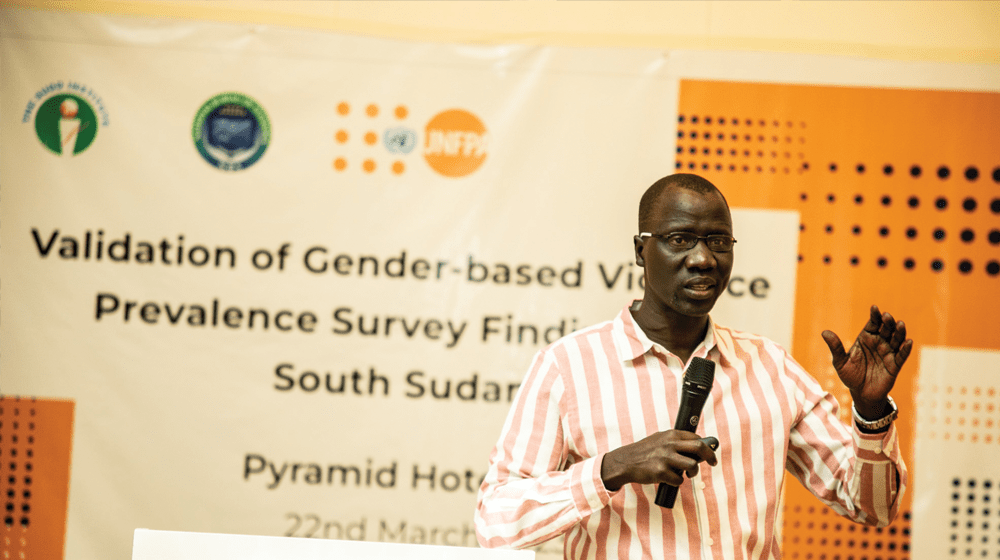South Sudan accounts for the second highest prevalence case of GBV in the region; this was revealed during a validation workshop held on March 22, 2023, on the findings of a nationwide GBV prevalence survey in South Sudan.

A study conducted by WHO in 2018 indicated that Uganda reported the highest rates of Intimate Partner Violence (IPV) among married women aged 15-49 (49%, physical and/or sexual) followed by South Sudan (41%, physical and/or sexual). With the support of UNFPA, the current study conducted by the Sudd Institute shows that the prevalence of IPV among married women aged 15-49 is rising (standing at 49.6%, physical and/or sexual). According to the study, substantial proportions of women (aged 15-64) in South Sudan experience GBV either in form of physical (34.0%) or sexual (13.5%) violence in their lifetime.

Dr. Augustino Ting Mayai, while presenting the survey results, revealed that Ruweng Administrative Area (43.1%), Warrap (39.7%), Eastern Equatoria (39.1%), Jonglei (39.1%) and Central Equatoria (38.6%) report the highest rates of physical violence in the country. Similarly, the study documented a high prevalence of child marriage (34.6%, nationally) with Lakes and Jonglei states accounting for the high rates of child marriage in the country - 60.7% and 40.9%, respectively.
Dr. Michael Tawanda, from the embassy of Norway, noted that GBV and Gender Equality are not just about human rights, but equally important indicators of economic growth. He also stressed that the government of the Republic of South Sudan should act on combating GBV and improving Gender Equality. He underscored that South Sudan is one of the signatories of the Maputo protocol which mainly focuses on ending all forms of gender inequality.
UNFPA Representative, Dr. Ademola Olajide, noted that GBV hinders the capacities of individuals to positively contribute to the development of any country.

“It is important to have evidence of the well-being of every South Sudanese. We learned today that GBV still continues to impede our capacities, a society where everybody to participate optimally must be free from GBV” Dr. Ademola said.
The national Minister of Gender, Child, and Social Welfare, Hon. Ayaa Benjamin Warrile, thanked UNFPA and the Sudd Institute for conducting the survey.

“The evidence generated by this study will provide a critical guide to policymaking and program management by the Ministry and all development actors,” Minister Aya said.
Celina Peter, the Director for child welfare at the Ministry of Gender, Child and Social Welfare thanked UNFPA as a long-time partner of the Ministry in combating GBV in the country and engaging men to promote gender equality for the wellbeing of women.

“GBV is a big challenge in South Sudan, I thank everyone present here who has contributed in one way or another as a change agent to make a difference in the lives of survivors, participants from all the states, and the two administrative areas,” she said.


